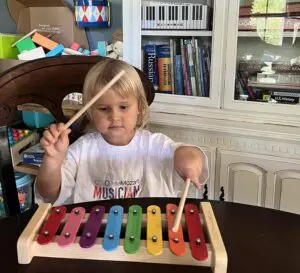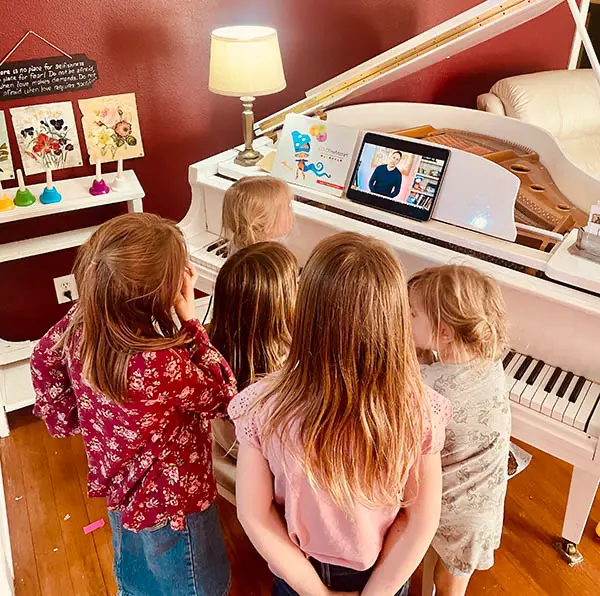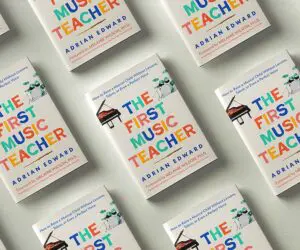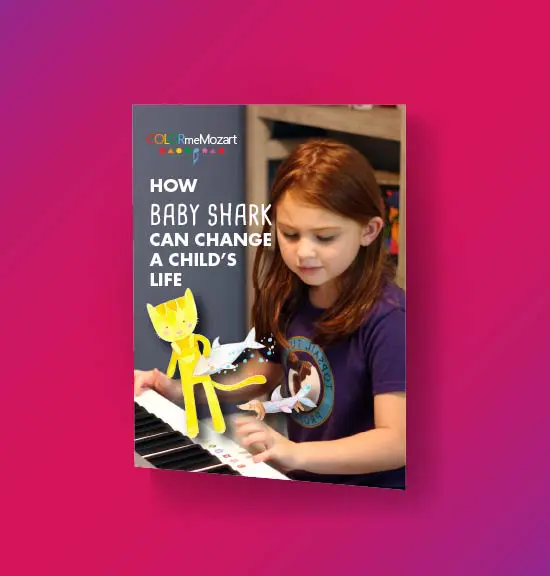 Strategies for Nurturing a Lifelong Appreciation and Love for Music in Preschool-Aged Children
Strategies for Nurturing a Lifelong Appreciation and Love for Music in Preschool-Aged Children
Music has a magical ability to touch our hearts and souls, and there’s no better time to introduce its wonders than during the early years of childhood. Preschool-aged children are like sponges, eager to absorb new experiences and sensations. By cultivating a love for music during this formative time, we can lay the foundation for a lifelong appreciation of this beautiful art form. Here are some effective strategies to help foster a deep and enduring love for music in young children:
1. Create a Musical Environment at Home
The home is the first and most influential classroom for children. Fill your living space with diverse types of music from different cultures and genres. Play classical music during meal times, have a dance party with lively tunes, or wind down with calming melodies before bedtime. Make music a natural part of your daily routine, and your child will grow up associating music with comfort, joy, and expression.
2. Encourage Active Participation
Engage children actively in music-making activities rather than just passive listening. Provide simple musical instruments like xylophones, keyboards, or shakers that are safe and age-appropriate. Sing together, clap rhythms, or encourage your child to create their own tunes. This hands-on approach helps children develop a deeper connection with music and boosts their confidence in expressing themselves creatively.
3. Attend Live Performances
Expose your child to live music performances whenever possible. Look for family-friendly concerts, musicals, or outdoor events in your community. Watching musicians perform live can be mesmerizing for children and inspire them to explore music further. Even if it’s just a local band at a park or a children’s choir, these experiences can be enriching and memorable.
4. Incorporate Music into Play
Combine music with playtime to make it even more enjoyable. Use music as a backdrop for imaginative play–pretend to be animals moving to the rhythm of a jungle beat or create a musical story where the child’s toys come alive through song. Incorporating music into play not only enhances creativity but also strengthens cognitive skills.
5. Be Enthusiastic and Participate Yourself
Children are highly influenced by the enthusiasm and participation of adults. Show genuine excitement about music and join in the activities with your child. Sing along, dance together, or learn a simple instrument alongside them. Your active involvement sends a powerful message that music is something worth exploring and enjoying.
6. Explore Music through Different Media
Beyond listening to music, explore other forms of media related to music. Watch animated musical films, read picture books about music and musicians, or explore interactive music apps designed for young children. These multimedia experiences can spark curiosity and open up new avenues for understanding and appreciating music.
7. Expand Their Musical Exposure
Lastly, expose them to a wide range of music, allowing them to gravitate towards what resonates with them naturally. Whether it’s classical, jazz, pop, or folk, supporting their choices fosters a sense of autonomy and ownership over their musical journey.
In conclusion, nurturing a love for music in preschool-aged children is a gift that can last a lifetime. By creating a musical environment, encouraging active participation, attending live performances, incorporating music into play, being enthusiastic participants ourselves, exploring music through various media, and respecting our children’s musical inclinations, we can lay a strong foundation for a lifelong appreciation of music. Let’s embrace the joy and wonder of music with our little ones and watch their love for melodies and harmonies bloom into something truly beautiful.





